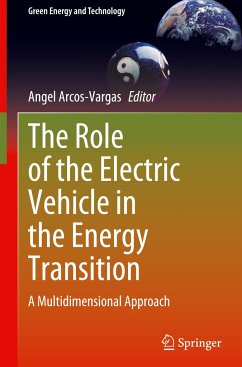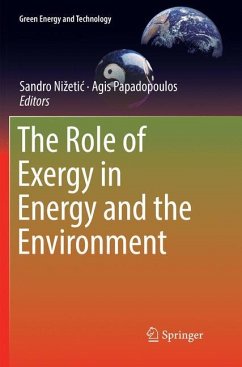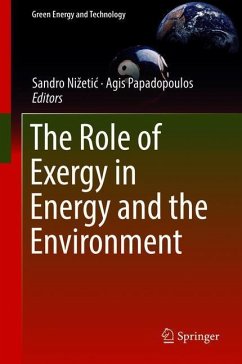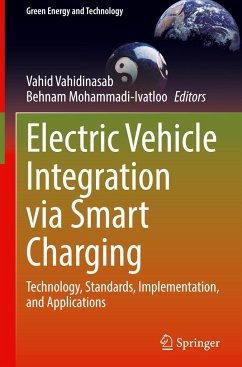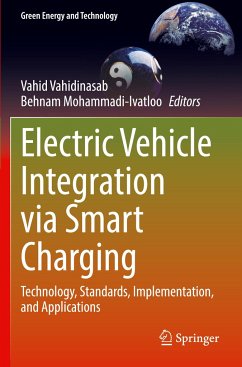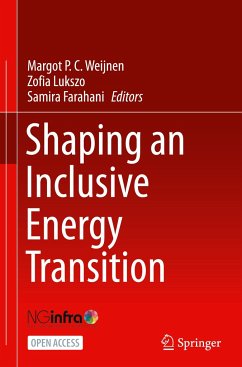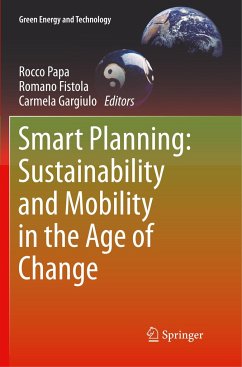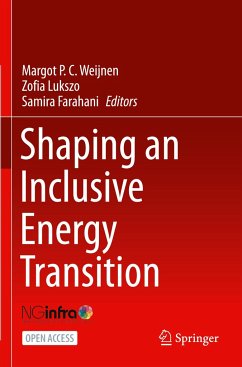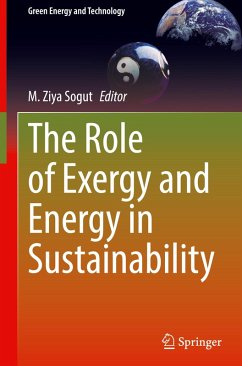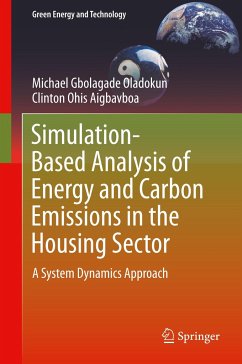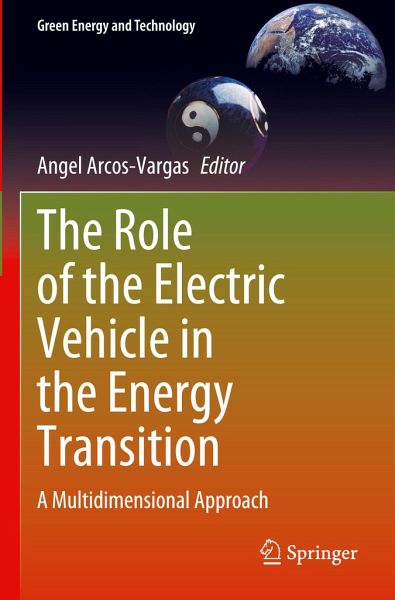
The Role of the Electric Vehicle in the Energy Transition
A Multidimensional Approach
Herausgegeben: Arcos-Vargas, Angel
Versandkostenfrei!
Versandfertig in 6-10 Tagen
98,99 €
inkl. MwSt.

PAYBACK Punkte
49 °P sammeln!
This book explores the part that electric vehicles can play in reducing carbon dioxide emissions. Further, it explains the impact of public support, technological advances, lower costs and better battery performance in making electric vehicles a viable alternative.The book begins by analyzing the international context of electric vehicles and how they are being developed in different countries, and by offering a forecast of the electricity demand they may create. It then discusses technological innovations in electric vehicle recharging systems. The book is concerned not only with the economic...
This book explores the part that electric vehicles can play in reducing carbon dioxide emissions. Further, it explains the impact of public support, technological advances, lower costs and better battery performance in making electric vehicles a viable alternative.
The book begins by analyzing the international context of electric vehicles and how they are being developed in different countries, and by offering a forecast of the electricity demand they may create. It then discusses technological innovations in electric vehicle recharging systems. The book is concerned not only with the economic potential of electric vehicles, but also with environmental aspects; consequently, it examines the raw materials supply chain and performs a lifecycle assessment. The book concludes with a chapter on alternative energies in transport, which may also help to facilitate the energy transition.
Given its scope, the book offers a valuable resource for researchers, graduate students, policymakers and industry professionals interested in the energy transition and transport.
The book begins by analyzing the international context of electric vehicles and how they are being developed in different countries, and by offering a forecast of the electricity demand they may create. It then discusses technological innovations in electric vehicle recharging systems. The book is concerned not only with the economic potential of electric vehicles, but also with environmental aspects; consequently, it examines the raw materials supply chain and performs a lifecycle assessment. The book concludes with a chapter on alternative energies in transport, which may also help to facilitate the energy transition.
Given its scope, the book offers a valuable resource for researchers, graduate students, policymakers and industry professionals interested in the energy transition and transport.





